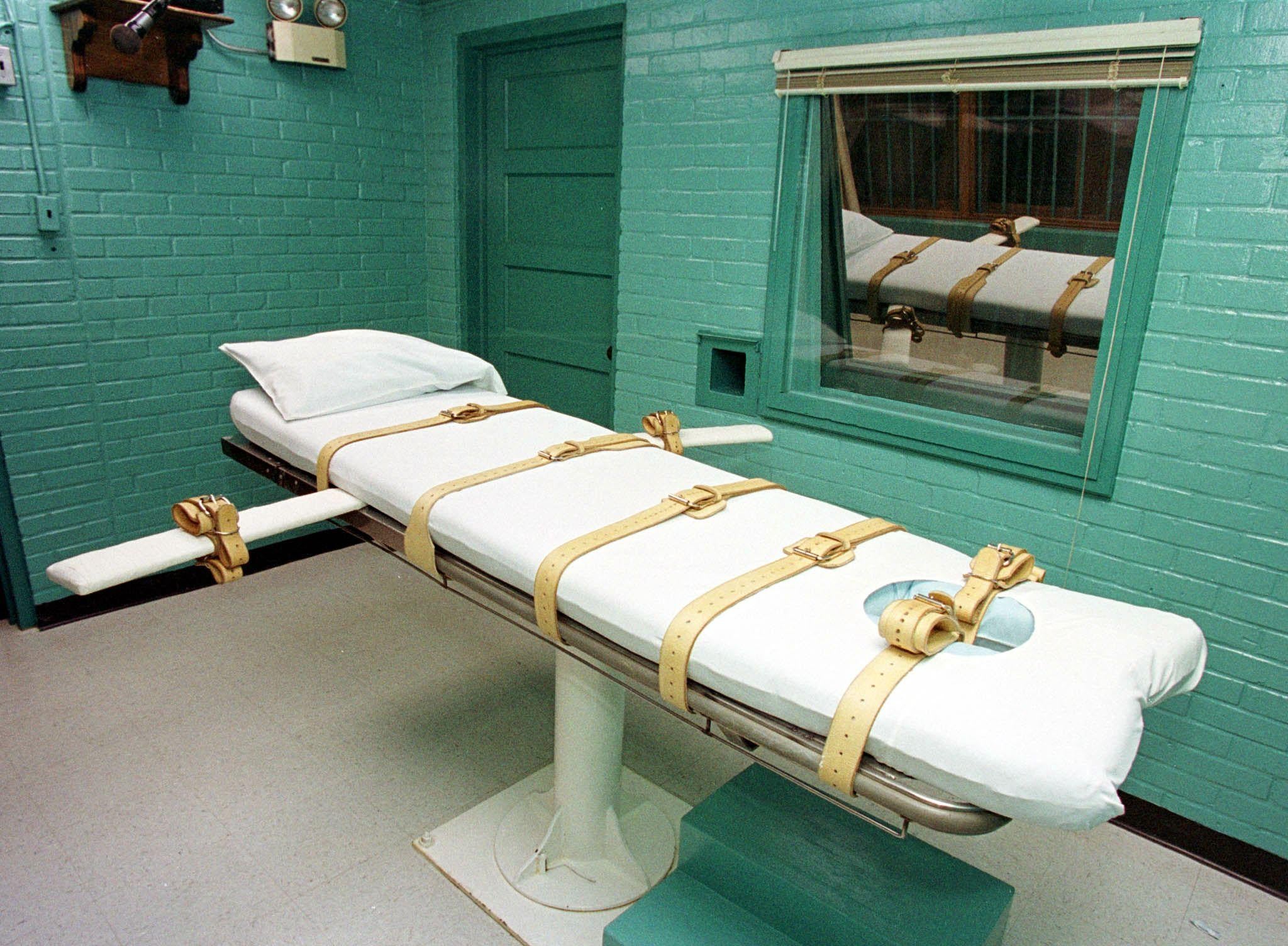Eight death row prisoners given stay of execution in lethal injections wrangle
Three executions led to legal challenge from prisoners who said method used was 'too painful'

Eight prisoners on death row have had their executions stayed amid a legal challenge over how condemned prisoners should be put to death in the state of Ohio.
A judge ruled a proposed new three-drug method for lethal injection was unconstitutional after prisoners issued a legal challenge saying it would be too painful, causing Governor John Kasich to halt executions for the second successive year.
Prisoner Ronald Phillips was scheduled to die on February 15 for the 1993 rape and murder of his girlfriend’s three-year-old daughter, Sheila Marie Evan, but this has now been postponed until May 10.
Ohio became the first state to adopt a single drug, pentobarbital, for lethal injections in 2009 after three executions were botched in a three year period using the three drug procedure.
In 2011, the Danish company which manufactures pentobarbital announced its distributors would not supply the drug to prisons which carry out the death penalty, leading to new combinations of drugs being tested by Ohio.
The last man to be executed by Ohio was convicted rapist and murderer Dennis McGuire in 2014, sparking controversy after he took an unusually long 25 minutes to die with a new two-drug procedure.
Ohio state law says that drugs used during executions must “quickly and painlessly cause death”.
Critics say proposed anti-anxiety drug midazolam does not render prisoners deeply unconscious which may lead to pain from the other two drugs that stop the heart.
Lawyers argue the proposed method could be in violation of the constitutional protection from “cruel and unusual” punishments.
A lawyer for Ohio said the state has asked seven other states to supply it with the single-dose drug pentobarbital but all had refused.
Ohio is among several states that have had problems obtaining drugs used in lethal injections.
Mr Kasich said he is confident the state will win an appeal based on a prior ruling in the Supreme Court that upheld the use of midazolam in a three-drug process.
“These delays are necessary to allow the judicial process to come to a full resolution and ensure that the state can move forward with the executions,” he said.
The US Circuit Court of Appeals in Cincinnati will hear the case on February 21.
Ohio was the second state to adopt the electric chair as its preferred method of capital punishment in 1897, and reinstated the death penalty in 1974 after a hiatus – although it did not resume executions until 1999.
The death penalty remains a legal punishment in 31 out of 50 US states, with 2095 inmates on death row in July 2016.
The use of capital punishment has declined steadily in the US since 1999, when 98 were carried out nationwide, to just 20 instances last year.
Subscribe to Independent Premium to bookmark this article
Want to bookmark your favourite articles and stories to read or reference later? Start your Independent Premium subscription today.

Join our commenting forum
Join thought-provoking conversations, follow other Independent readers and see their replies